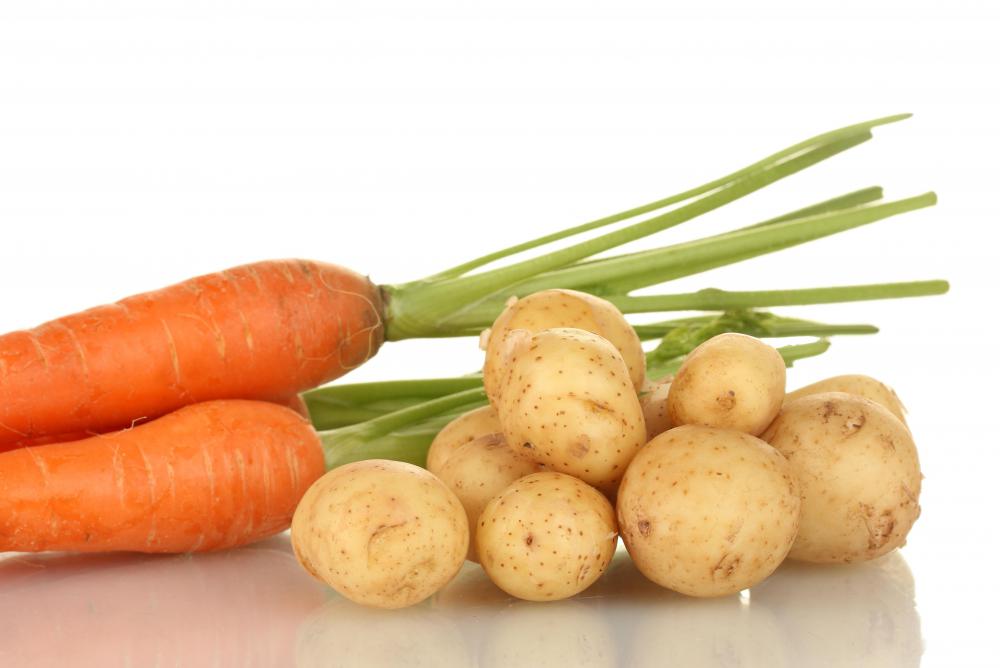At WiseGEEK, we're committed to delivering accurate, trustworthy information. Our expert-authored content is rigorously fact-checked and sourced from credible authorities. Discover how we uphold the highest standards in providing you with reliable knowledge.
How Do I Choose the Best Balcony Plants?
In order to choose the best balcony plants, you need to consider the climate in your area and the conditions on your particular balcony or porch. Selecting plants that are well suited to your climate will provide you with the best results, but you also need to determine whether your balcony is sunny all day, shaded, or somewhere in between. A hot climate with a balcony that is in full sun calls for plants such as bougainvilleas, cacti, and ornamental grasses. You may also be able to raise zucchini, tomatoes, and other vegetables depending on how much space you have. Certain palms, ferns, and other plants may do better on shaded balconies, and cooler climates can call for other types of balcony plants.
When setting up a balcony garden, the first factor to consider is your local climate. Native vegetation is always best suited to the local area, and tends to require little or no maintenance. Non-native plants can also do well, especially if they are from areas that have similar climates. If your local climate is hot, then you will typically need to choose balcony plants that are well suited to high temperatures. The same is true for colder climates, though you may want to consider the fact that certain plants may do quite well on your balcony during the spring and summer if you bring them inside during the cooler months of the year.

The other factor to keep in mind when looking for balcony plants is the unique microclimate present on your balcony or porch. Some balconies are shaded out during the entire day, so they remain cool even though the local temperatures are very hot and dry. Other balconies receive full sun all day long, in which case they can be useful for growing vegetables even in cooler climates. The specific conditions present on your balcony can be just as important as the larger climate when choosing balcony plants.

After you have determined the specific conditions you have to work with, you may want to consider the purpose that your balcony garden will fulfill. If your plants will be purely ornamental, then you can make your decisions based on aesthetics and suitability to your climate. It is also possible to have a functional vegetable garden on a balcony though, using either pots or planters. These types of balcony plants can be even more particular about factors such as sun and shade, so make sure that you place your tomatoes somewhere that receives full sun, while carrots and root vegetables can typically withstand cooler, more shaded areas.
AS FEATURED ON:
AS FEATURED ON:












Discuss this Article
Post your comments